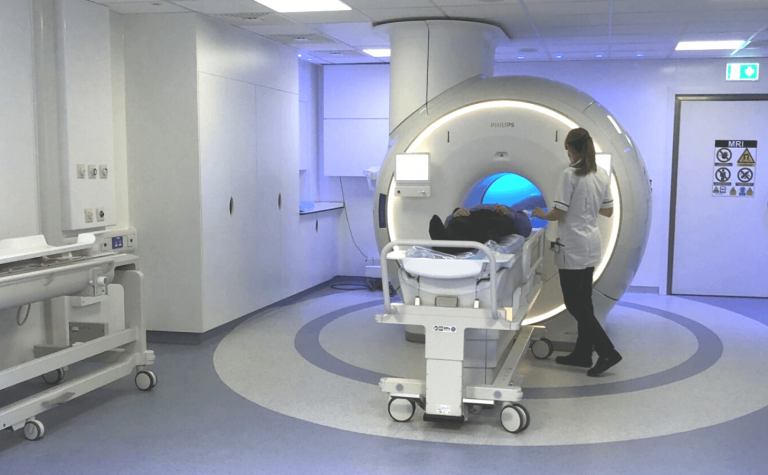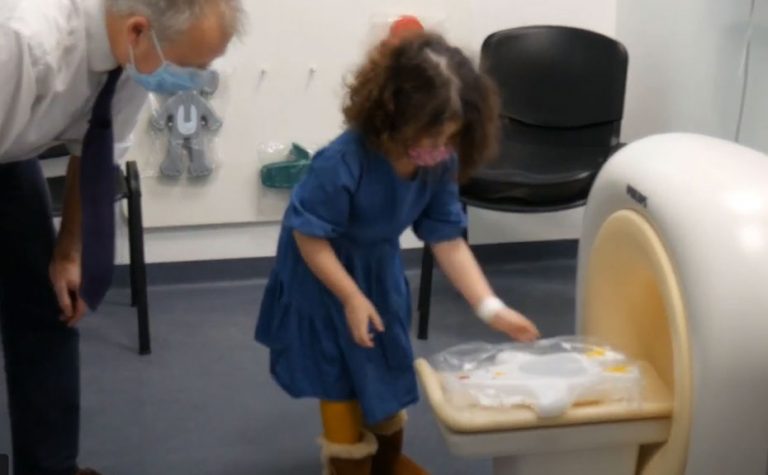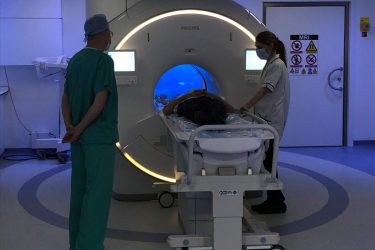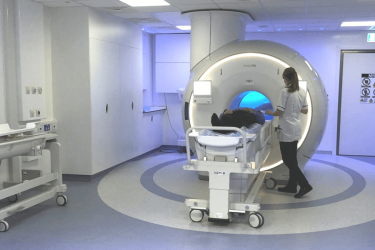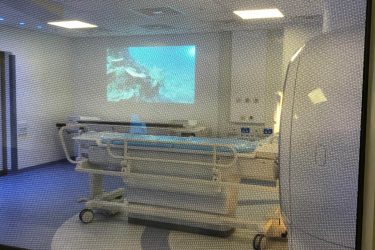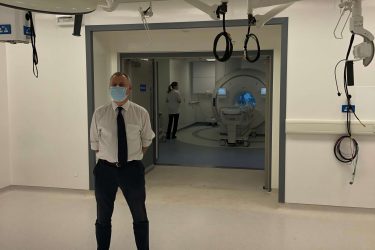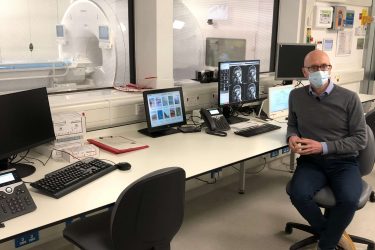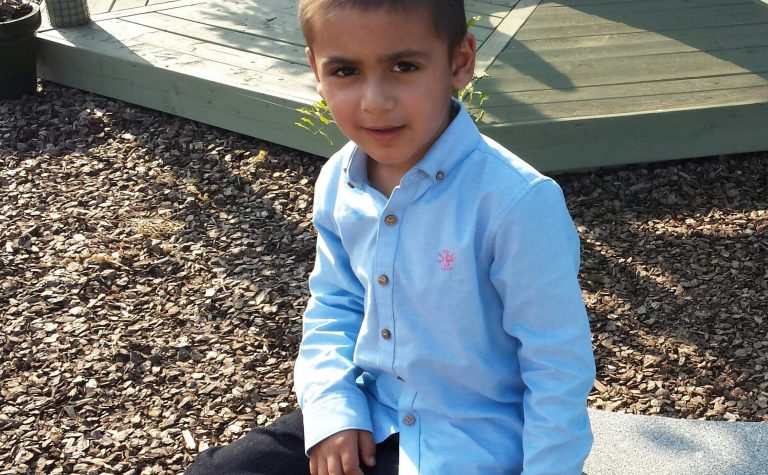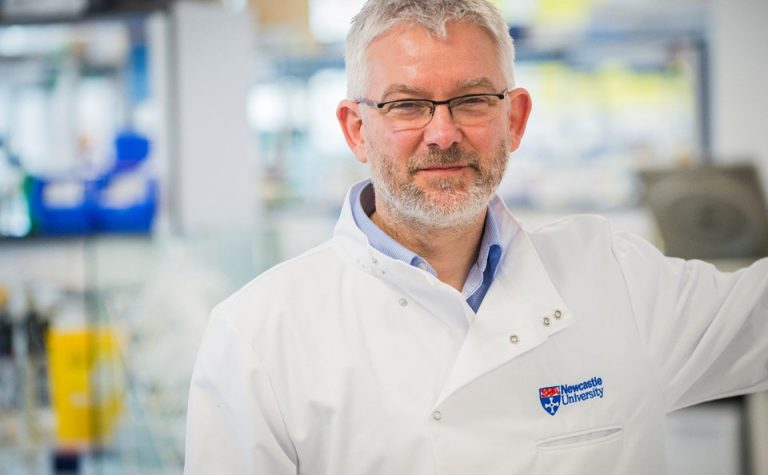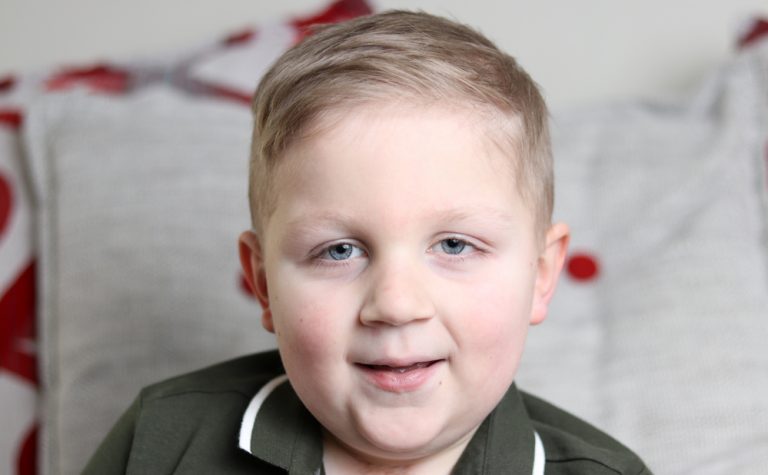The benefits of this new Intraoperative MRI Scanner
We were delighted to provide funding of £750,000 as part of the University of Nottingham’s fundraising campaign. The installation of the state-of-the-art, child-friendly iMRI scanning facilities will help to revolutionise treatment and boost survival rates for children being treated for brain tumours at Nottingham Children’s Hospital.Donald Macarthur, Paediatric Neurosurgeon at the Nottingham Children’s Hospital, explained:
We’re delighted to be able to officially unveil this fantastic new facility, which will make a huge difference to surgeons, patients and families. Being able to scan patients during surgery, while they are still under general anaesthetic, means we will be able to see any small pieces of tumour that may be remaining, and remove them while still in the operating theatre. “This will reduce the likelihood of patients needing further surgery, as well as reducing the anxiety and stress for parents and carers who currently have to wait for post-operative scans to determine whether further surgery is needed. It really will transform the treatment that we are able to offer our young brain tumour patients from across the region.
